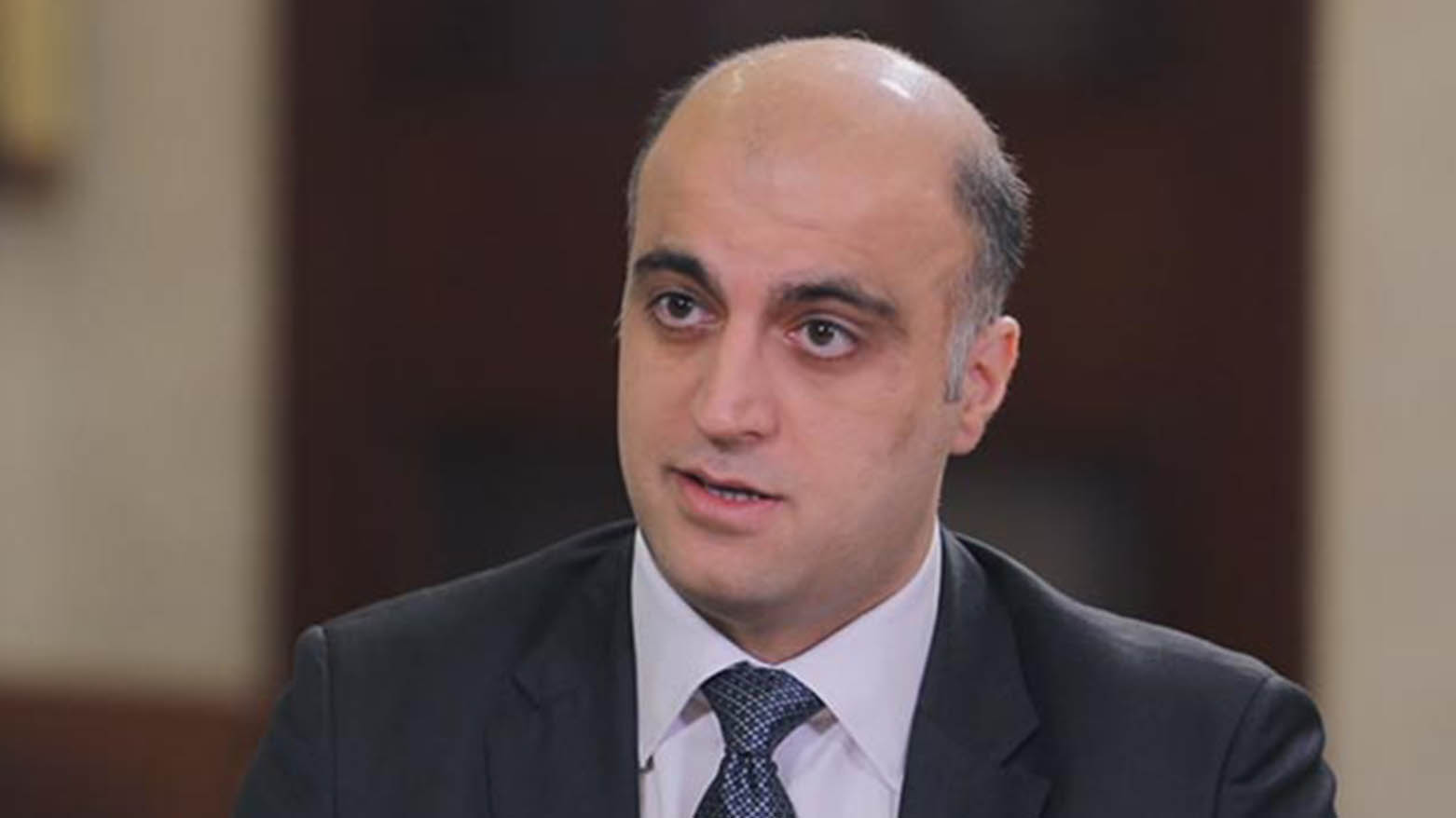Suicide Drones That Hit Kurdistan Oil Fields Were Launched from Kirkuk’s Dibis District, Official Says
Ahmad’s post has fueled calls for urgent action to improve airspace surveillance and to hold perpetrators accountable.

ERBIL (Kurdistan24) — The suicide drones that struck key oil infrastructure in the Kurdistan Region last week were launched from Dibis, a district in Iraq’s oil-rich Kirkuk province, according to a senior Kurdish official.
Aziz Ahmad, Deputy Chief of Staff to Kurdistan Region Prime Minister Masrour Barzani, revealed the origin of the attack in a post on X on Saturday, writing: “The suicide drones that targeted oil fields in the Kurdistan Region last week flew from Dibis, Kirkuk.”
The revelation raises alarm about the widening scope and complexity of drone attacks on Kurdistan Region energy infrastructure — a vital economic lifeline for both the regional and federal governments.
Last week, a series of drone attacks targeted the Khormala oil field near Erbil and the Sarsang oil field in Duhok, damaging facilities and temporarily halting operations.
No group has officially claimed responsibility.
The U.S. Embassy in Baghdad and the U.S. Consulate General in Erbil both issued statements strongly condemning the attacks. “The United States condemns the recent drone attacks throughout Iraq, including the July 14 and July 15 drone attacks on critical infrastructure at the Khormala and Sarsang oil fields,” the Embassy said.
The identification of Dibis as the launch site of the drones adds a new layer of complexity, especially as Kirkuk remains a contested area claimed by both the federal government in Baghdad and the KRG. Kurdish officials have long accused certain armed groups of operating freely in parts of Kirkuk without accountability.
Ahmad’s post has fueled calls for urgent action to improve airspace surveillance and to hold perpetrators accountable.
Tensions between Erbil and Baghdad have intensified in recent months over revenue-sharing disputes and oil export controls, with Kurdish leaders accusing federal institutions of politically motivated interference. The recent drone strikes have further strained these already fragile relations.
